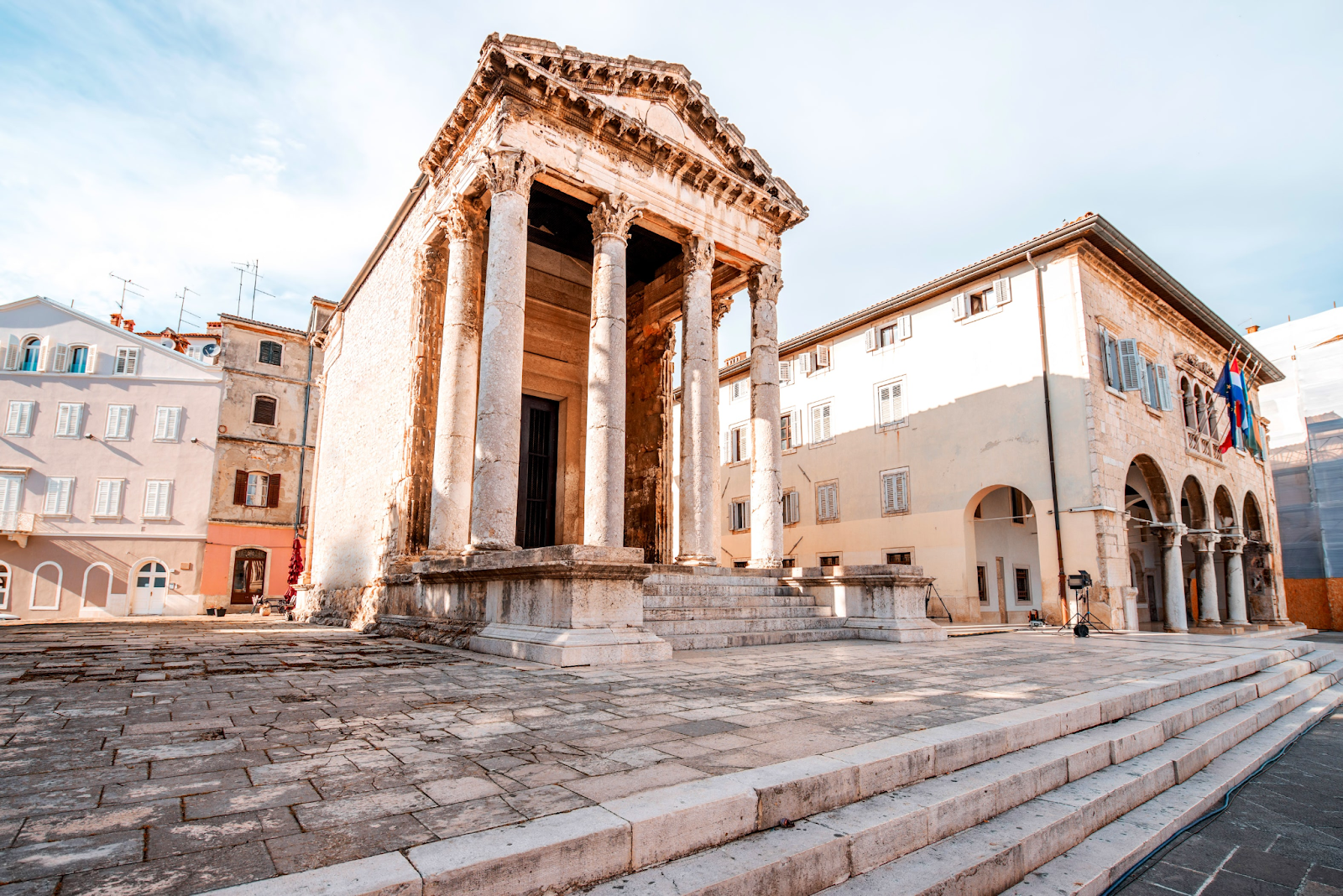From the beginning of time, the world has witnessed numerous historical events, many of which had major effects, some of which are still obvious today. As important as these events may be, we often forget or don’t know when exactly it happened. In this article, we’ll be discussing five famous events in world history that happened in November.
Apollo 12 Moon Landing
The Apollo 12 landing on the moon was and is no ordinary feat. It was the second successful landing on the moon after the success of Neil Armstrong’s lunar mission. Apollo 12 launched on November 14th and arrived at the moon’s surface on the 19th, finally returning to Earth on November 24, 1969.

This event marked another major milestone in space travel, especially for human-crewed missions. The lunar samples brought from the mission were also used for various studies. This mission helped make space exploration interesting for many, leading to what we have today.
Albert Einstein’s Nobel Prize
The world-renowned physicist and scientist from Germany, Albert Einstein, received the Nobel Prize in Physics for his works, particularly the discovery of the law of the photoelectric effect, on November 9, 1921.

Einstein is known as one of the fathers of physics, so winning the Nobel Prize further cemented his legacy as a legend in the field of science. Einstein went on to win other awards during his lifetime. His contributions to science are still being used today.
BBC Television: An Unforgettable Beginning
The British Broadcasting Commission is one of the most influential in the broadcasting world. It was formerly known as the British Broadcasting Company and was founded in 1922. On November 2, 1936, the BBC Television Service was launched.

The BBC Television Service has grown tremendously into one of the best in the sector. It is one of the oldest and largest in the world.
First Thermonuclear Bomb Detonated
The hydrogen bomb of the United States was detonated in the Pacific. It was the first thermonuclear weapon in the world. The United States detonated it on the island of Elugelab on November 1, 1952. Its code name was Ivy-Mike.

This event, being the first of its kind, was kept private but later received widespread attention as it was filmed and later released to the public after screening. It completely vaporized the island on which it was detonated, leaving a crater. It gave way to subsequent tests in the U.S. and the world generally.
Black Death Arrival
The Black Deaths that affected about one-third of Europe’s population arrived in the United Kingdom. This plague was a major pandemic in Europe and even the world generally. It is thought to have entered the city of London, United Kingdom, in November 1348.

Like in every other affected region, black deaths became a major problem in the United Kingdom. It resulted in the deaths of about 25% of the entire population. It led to a shortage of labor force and also created tensions that led to the Renaissance of the Reformation.






